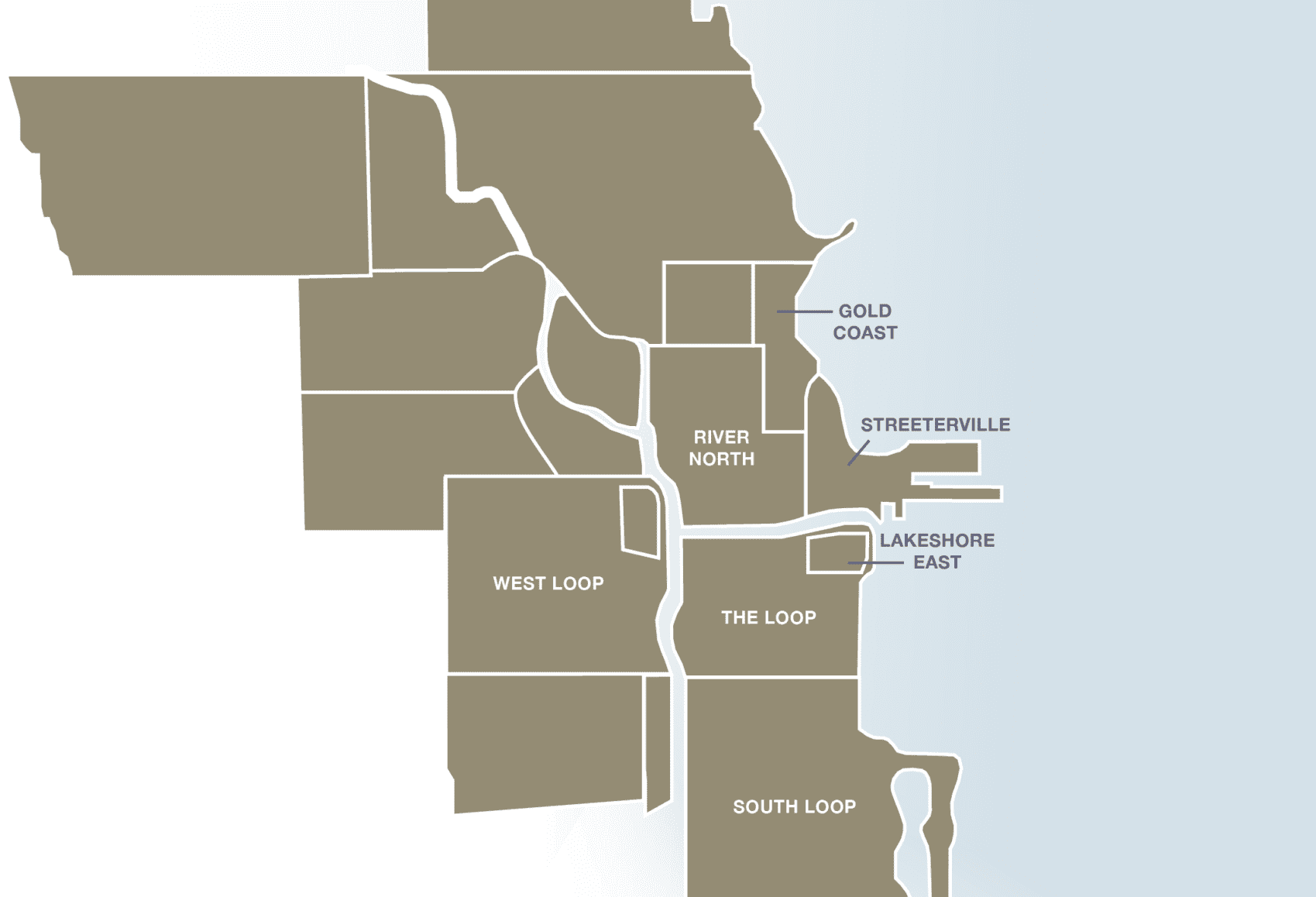The Average Cost of Groceries Per Month in Chicago

Expenses can add up quickly, so budgeting is a great way to manage and monitor your spending.
When creating a budget, you’ll need to include your monthly spend on groceries. So what does the average cost of groceries per month look like in the Windy City?
While there are a few variables that affect this answer, like how many mouths you have to feed and how often you cook, the grocery store you shop at can significantly influence your final grocery bill.
So let’s look at some of the popular Chicago grocery stores and see how they compare to one another.
The Average Cost of Groceries Per Month in Chicago
- Whole Foods – This USDA Certified Organic national grocer provides Chicagoans with a wide selection of organic food and products. Whole Foods’ products typically run 10 to 20 percent higher than typical grocery stores due to their quality standards. Many shoppers find this increase worth the value they receive.
- Marianos – As one of Chicago’s most popular grocery stores, Marianos chains can be found throughout the Chicago neighborhoods. Marianos is generally known for its high-quality food and reasonable prices. The store often offers a bar, coffee shop, and pharmacy too.
- Jewel Osco – This is another grocery store you can find all over Chicago, which closely compares to Marianos. Choosing between these two stores may depend on which one is closer to you.
- Trader Joe’s – Over the years, this retailer has gained quite the popularity. People gravitate towards this grocery store for its affordable prices, delicious pre-made food, and pleasant shopping experience. This store can sell items at better prices than other shops because it doesn’t charge suppliers a shelf fee and it buys directly from suppliers in volume. Here you can’t find as many organic products as Whole Foods, but you can find more reasonably-priced wholesome products.
- Aldi – This grocery store chain has a very similar history as Trader Joe’s and is also known for its extremely competitive price points. Aldi tends to offer slightly more affordable prices; however, their selection is also slightly smaller. This is a great option for your basic everyday items.
While these are Chicago’s largest grocery chains, every neighborhood has its own local grocery stores worth considering. While these prices are generally higher at the mom-and-pop stores, some prefer the convenience smaller stores offer and the opportunity to support local businesses.
A Luxury Living Chicago Realty broker can help you choose an apartment that works best for your eating habits and lifestyle — whether that’s proximity to grocery stores, a functional kitchen to cook in, or a central location near popular restaurants.
If you’re ready to find your dream home and trust one of our experts to answer your questions, even around the cost of groceries per month, connect with us today.
For more insight on all the costs you can expect while living in Chicago, check out our comprehensive guide below.

Search The Blog
Most Popular

Our Expert Apartment Finding Tips Will Answer Your Toughest Questions

The 7 Neighborhoods of Downtown Chicago

How Do Chicago Apartment Finders Get Paid?
About Us
Up Next

The Cost of Owning a Car in Chicago
Living in the Windy City makes getting around the city without a car fairly easy. The public transit options, the city’s walkability, and the […]

How to Estimate Utility Costs for Your Chicago Apartment
When you’re figuring out what you can afford in Chicago, it’s essential to consider your average monthly utility bill. We’ve broken down how you […]

How Much Rent Can I Afford in Chicago?
One of the first decisions you need to make is around the appropriate price point if you’re looking to move. For those moving to […]

FAQ for Real Estate Brokers
If you’re on the hunt for a new apartment you may be coming across lots of questions, such as when to start looking for […]
